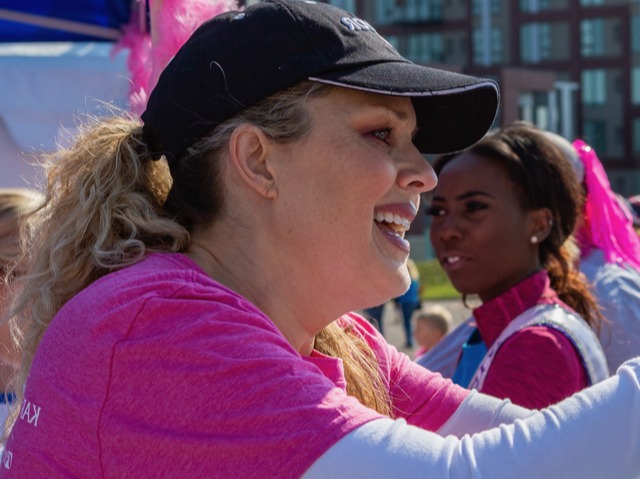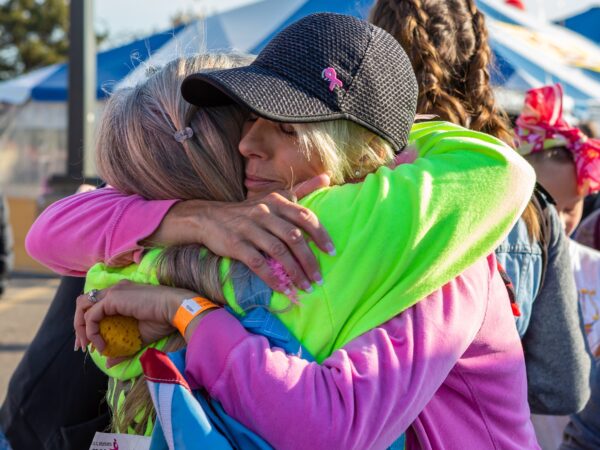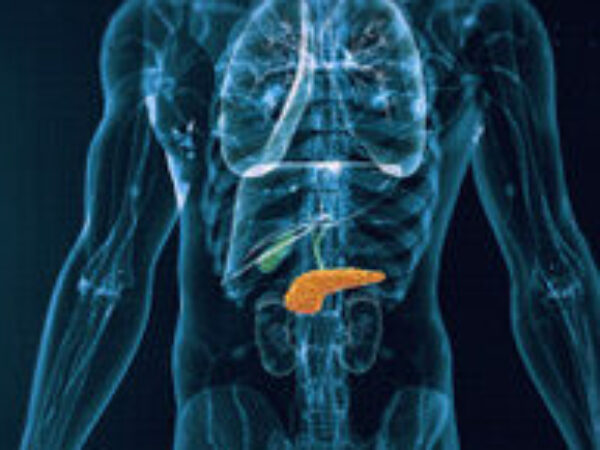
Julie Hunstad-Menke, Radiation Therapist, MRO | Ridgeview
Profiles in Care: Julie Hunstad-Menke, Radiation Therapist, MRO | Ridgeview
It was not too long ago that a middle-aged man came into MRO Ridgeview for prostate cancer treatment. It was his first treatment, and he was understandably on edge: nervous, scared, and upset. As Julie Hunstad-Menke, the Radiation Therapist prepared him for the treatment, he fussed, “You don’t understand.” She told him, “I do. I’ve done this, too” and his anxiety melted away immediately.
Julie is an 11-year survivor of breast cancer herself; she knows first-hand the ups and downs of a cancer diagnosis, treatment, and survival. Julie sees thirty or more patients a day, and her own cancer experience shapes how she cares for each one. “It makes me a better therapist,” she says.
Radiation therapists are part of a larger patient care team that includes radiation oncologists, dosimetrists, physicists and others. “We’re the ones who actually deliver the plan.” But Julie provides much more than radiation treatment: she provides compassion and understanding that only a cancer survivor can. “As a patient myself – at the same clinic where I work – I thought my knowledge of cancer and treatment would make the process less scary, because I see this every day. I was wrong. Laying on the table for the first time was terrifying.”
Now, nearly every day, Julie finds herself sharing the tips that helped her lessen common side effects and manage the unexpected. But everyone has a different experience, so be sure to check with your doctor or care team.
Skin Care
“Skin irritation around the treatment area is a common side effect of radiation therapy. I found letting my skin breathe gave me relief and helped healing. So, take that bra off, put on a big baggy T-shirt, and try to keep anything from rubbing on it – like the seat belt in your car.
Generally, the doctors at MRO recommend that cancer patients start applying 100% Aloe Vera as soon as possible 2-3x/day. Be sure to first check with your care team before using any skin care product, but I found using Miaderm® Radiation Cream along with the Aloe worked really well.
Tip: Check the label on Aloe Vera. Some off-the-shelf brands contain alcohol. Ask your pharmacist if they have an alcohol-free brand.”
Mental Health
“When I felt anxious or depressed during and after treatment, I found a cancer support group was very helpful and online cancer support resources, like breastcancer.org.
Talking to other people that were going thru or survived the same experience helped me cope. Sometimes it’s as simple as sharing a smile or a laugh.
During treatment and recovery, I found myself on an emotional rollercoaster – from the shock and fear of cancer through the unknowns of treatment. I was out shopping when I got the phone call that I had breast cancer, I just dropped to my knees right there in the parking lot.
Support from my family and friends was comforting but there were times where the expertise of a cancer specialist and empathy of a survivor helped me cope with the unexpected side effects.”
Diet and Exercise
“Your diet can have a big effect on how you’re feeling. I found that vegetables and lean protein settled my stomach and kept my digestive system working.
As soon as my doctor gave the okay to resume exercising again, I started by walking. It was summer and getting outside moving, stretching, and getting back to my life was physically and mentally healing.”
Cancer is a personal journey, but it helps to have an experienced guide along the way.
When patients at the Minneapolis Radiation Oncology Therapy Center in Waconia learn that Julie is a breast cancer survivor, they seek her out. She is always happy to listen and do what she can to turn their fear into confidence. As Julie says, “I find happiness in knowing that I’m helping people in the fight of their lives. And seeing patients come back to visit when they’re cancer-free, that’s the best part off all.”
Here are more resources for managing radiation therapy side effects.


